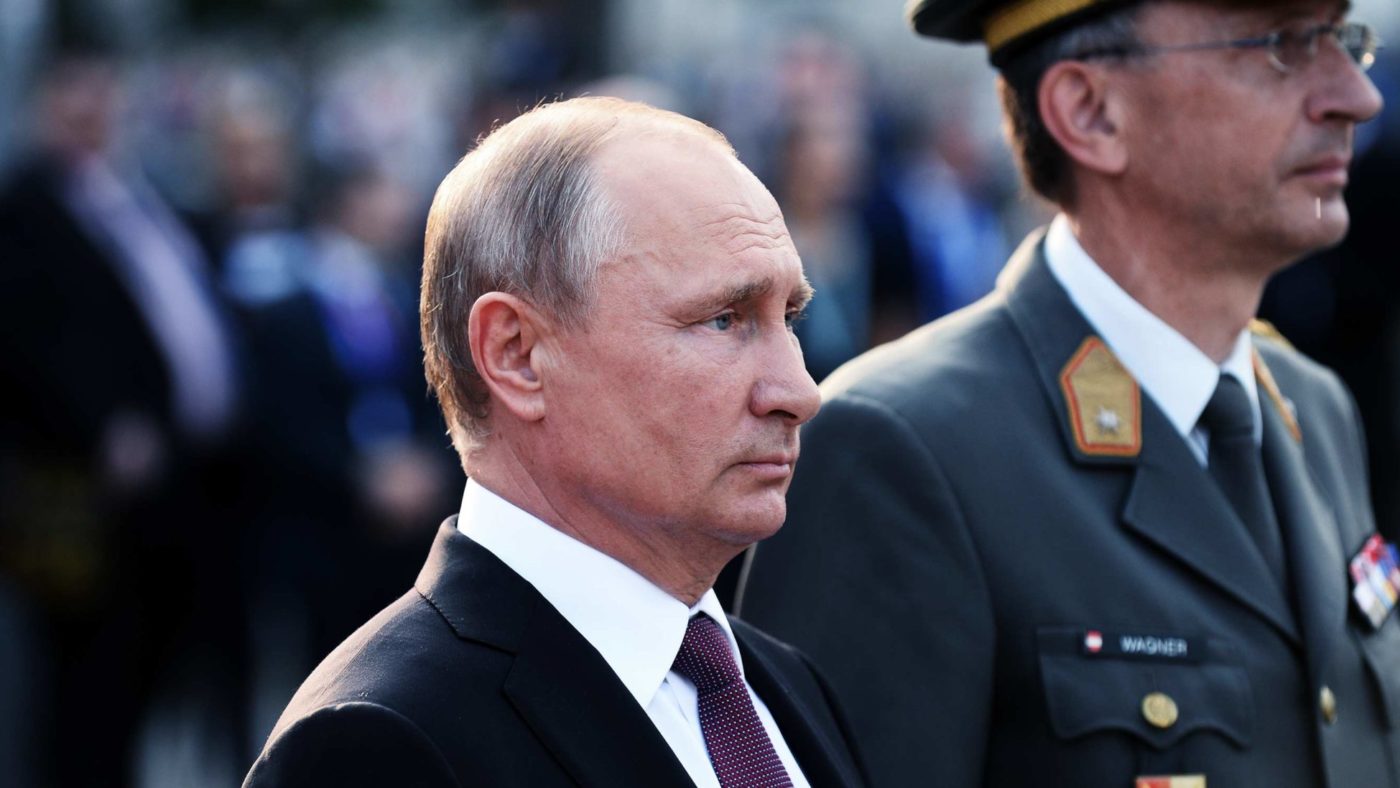The poisoning of the Skripals and the death of Dawn Sturgess should be the final straw for the British government to really get tough on Russia.
It is extraordinary to think that while innocent people are being poisoned with chemical weapons in Wiltshire, some Kremlin-linked oligarchs are still lining their pockets in the UK. Despite dozens of economic sanctions from the US and EU, some Russian businessmen with dodgy connections to London have profited from a combination of legal loopholes and complacency on the part of the British authorities.
Just how they are getting away with this was set out in a recent report by the House of Commons Foreign Affairs Committee entitled Moscow’s Gold: Russian Corruption in the UK. The MPs have set out in meticulous detail what some wealthy Russians are doing in London, how the British legal system is enabling them, and what the UK needs to do about it.
The UK has a crucial role to play in clamping down on dirty money, but has so far come up well short. As someone who has his ear close to the ground in DC policy circles, I can say with absolute certainty that the perception of dirty Russian money in London has not gone unnoticed on this side of the pond.
The curious case of Oleg Deripaska perhaps best demonstrates the divide between Washington and London when it comes to dealing with Russia.
He is currently a person of interest in the Russian election-hacking investigation due to his business ties with former Trump campaign manager Paul Manafort. He is also on the US sanctions list. Even so, last November Deripaska’s En+ Group was listed on the London Stock Exchange, even though there were serious concerns at the time about his close ties to Putin and the Kremlin.
Then there are lesser-known Kremlin linked oligarchs who have benefited from London’s relaxed attitude to questionable Russian money. These people fly under the radar in the shadow of the bigger names like Deripaska and Roman Abramovich.
A good example of this kind of second-tier oligarch is Ruslan Rostovtsev, a businessman and coal trader. He is embroiled in a legal dispute in Cyprus over the ownership of a coal mine in Russia. He has also been accused of advocating for pro-Russian separatists in eastern Ukraine and has allegedly set up foreign “embassies” on behalf of the so-called Donetsk People’s Republic.
And does Mr Rostovtsev have a link to London? Of course he does.
The Campaign Against Maladministration and European Corruption has accused Rostovtsev of using a UK-registered company, Grandwood Systems Ltd, along with a small groups of Scottish LPs and limited companies to launder millions of dollars. Documents filed in the Cypriot courts – which have implemented a worldwide freeze on Rostovtsev’s assets – show that his Cypriot companies channeled £13.3 million in and out of Grandwood’s accounts. He is suspected of using the Latvian banks ABLV and Trasta Komercbanka to hide the origins of the money.
These Latvian banks are no stranger to Russian money-laundering controversy. The US Financial Crimes Enforcement Network (FinCEN) alleged in February 2018 that ABLV “institutionalized money laundering as a pillar of the bank’s business practices”. The use of companies like Grandwood Systems Ltd shows how the UK is also vulnerable to Russian financial malpractice.
It is not just dirty money that Rostovtsev has been accused of laundering, but also dirty coal. Not the kind of dirty coal environmentalists warn is polluting the atmosphere, but coal taken from the warzone in eastern Ukraine which then finds its way onto the global markets. According to an article in Forbes, Rostovtsev was involved in re-exporting coal from the Ukraine’s breakaway Donbass region. The coal from Donetsk would reportedly first be shipped first to Russia, before being shipped on to other countries under the guise of being Russian coal. Indeed, Polish officials have admitted to importing coal originating from Donetsk last year.
Since the Skripal poisoning more has been done to crackdown on dirty Russian money in the UK, but there is a long way to go – not least as using the UK to stash oligarchs’ dodgy assets is a matter of policy for the Russian state. Frankly, the UK should consider a national security issue. As that recent Foreign Affairs Committee report noted:
“The assets stored and laundered in London both directly and indirectly support President Putin’s campaign to subvert the international rules-based system, undermine our allies, and erode the mutually-reinforcing international networks that support UK foreign policy.”
There are some small steps that the UK can do to make it more difficult for ill-gotten Russian money to find refuge in London. For starters, a register of ownership for overseas companies that own property in the UK could help pinpoint where possible money-laundering operations are taking place.
There should be one government department designated as the lead on tackling dodgy money from overseas. With its resources and intelligence services this should probably be the Foreign and
Commonwealth office, but this has to be done in very close coordination with other government departments and law enforcement to be successful.
The UK could also change its approach to sanctions by including individuals closely connected to hostile regimes, where appropriate. There should also be closer consultation with the US Treasury and intelligence agencies to avoid another repeat of Oleg Deripaska’s EN+ being listed on the London Stock Exchange.
The size of London’s financial markets and their importance to Russian investors gives the UK considerable leverage over the Kremlin. It is time to use it. Until the UK gets tough, Russia will continue to take advantage of the situation, with damaging effects on the UK, the US and the transatlantic community.


